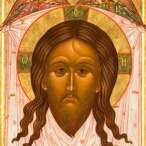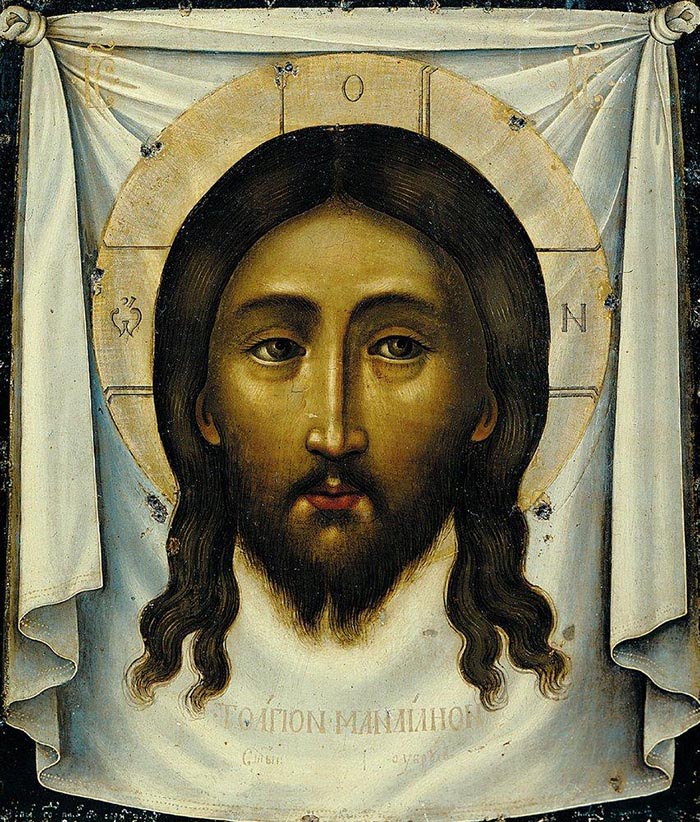

In the Bible, “Sophia” is nowhere used as a name for God. They argue that, biblically, wisdom is an attribute of God similar to justice, holiness or mercy. In contrast, those who argue that wisdom (sophia) is an attribute of God rather than an independent divine entity accuse “Sophia-worshippers” of taking relevant biblical texts out of context and relying heavily on apocryphal and Gnostic writings. Proponents of Sophia worship claim that Sophia as a name for God is used to remind us that God has a feminine side and that solely masculine images and names for God are inadequate. For those who understand her as a divine entity, Sophia has become an important link between traditional language for God and feminist spirituality. 10 For some feminist theologians, including Cady, Sophia is the pre-incarnate Christ Sophia was a divine entity which took the form of a male human to accommodate patriarchal culture. “Like the spirit,” Keller writes, “this Sophia is at once something humans may seek as their own and something given by God of God’s own nature.” 9 Elisabeth Schüssler Fiorenza argues that Sophia is the God of Israel expressed in the language and imagery of the goddess. “She is a co-creator with the Hebrew God, she is a heavenly queen, she is messenger from God, and she is God’s lover.” 7 Cady goes on to say that Sophia is “divine, creating, judging, and ruling just as God is.” 8 Catherine Keller of Drew University Theological School insists that Sophia preaches, prophesies, judges and promises security to those who obey her.

6 For Cady, Sophia is a real biblical person. Susan Cady, Marian Ronan and Hal Taussig, authors of Wisdom’s Feast, argue that Sophia is in fact the female goddess of the Bible. The answer to this question is the subject of much current debate. The central question is whether “sophia” is to be understood as a person or as a concept, as a divine entity or as an abstract attribute of God. For a growing number of Christians, Sophia is the feminine symbol of divinity desperately needed to balance the patriarchal emphasis of the Church. 5 Thus Sophia has been gaining popularity in Christian circles for many years. A Russian Orthodox priest named Sergei Bulgakov has taught that Sophia is the essence of the Trinity, the glue that binds Father, Son and Holy Spirit together.

More recently, the Shakers have understood Sophia as the fourth person of the Godhead. According to these texts, Jesus taught that we are rescued from evil and returned to God through knowledge ( gnosis). In other Gnostic texts, Sophia is a mischievous spirit who indirectly creates a world so evil that God has to rescue it by sending another emanation named Jesus. In Gnosticism, 3 a heresy in the early Christian church, Sophia is sometimes portrayed as a divine being superior to God, who reprimands God for arrogance. However, interest in Sophia is not a new phenomenon. Sophia was a recurrent theme throughout the conference. The conference was part of The Ecumenical Decade: Churches in Solidarity with Women, a program of the World Council of Churches. One recent example of Sophia’s popularity was an ecumenical Christian conference, “Re-Imagining … God, Community, the Church”, which was held in November 1993 in Minneapolis. Sophia appears to be gaining popularity among feminist theologians and among some secular women interested in goddess worship. Others are convinced that wisdom is intentionally personified as an aspect of divinity, or as a goddess, distinct from God. Some understand this personification of wisdom as nothing more than a literary device. “Sophia” is a transliteration of the Greek noun meaning “wisdom.” In Hebrew, the word for wisdom is “chok-mah.” In the Old Testament (especially Proverbs 3 and 8), and in several apocryphal texts, 1 wisdom is personified as a woman. So we ask: Who is Sophia, and where did she come from? Is she the long-awaited answer to this search? In the search for a more inclusive understanding of God, the feminine “Sophia” has for many persons become a bridge between traditional Christianity and feminist concerns.
BOOK OF SOPHIA JESUS FULL
It is too limited in that it can exclude believing Christian women from full participation in the Body of Christ, although they too are creatures made in the image of God and now equal children of God along with their Christian brothers. This view is too limited in light of the richness of the full range of biblical language for God. For them, the Church’s traditional view of the “patriarchal God” is not only too limited but too limiting. The quest to find feminine attributes in the Godhead is ongoing, as many women yearn for an understanding of God that they can relate to and identify with.


 0 kommentar(er)
0 kommentar(er)
